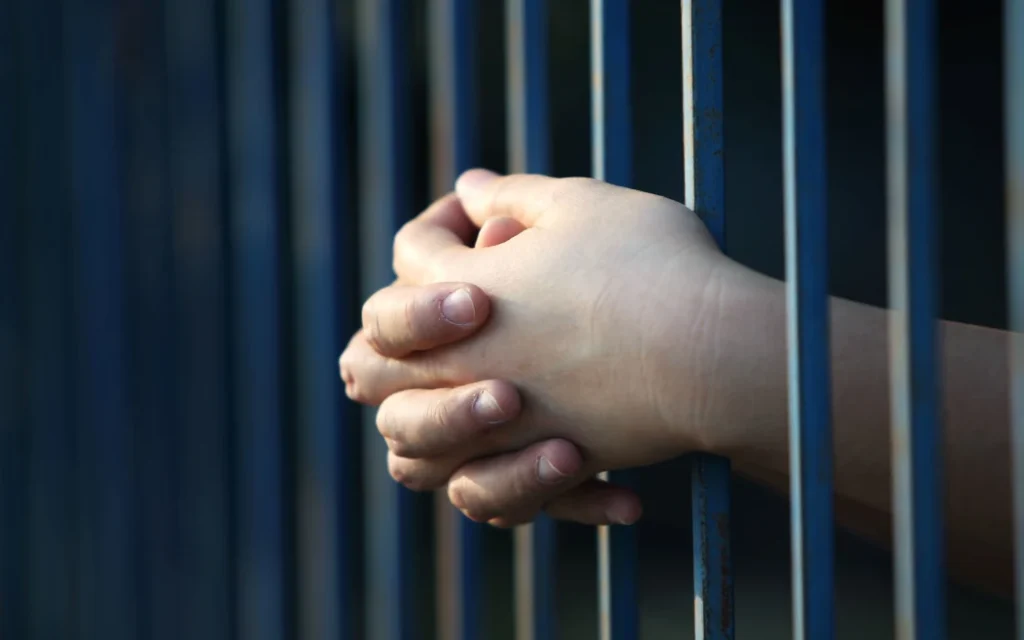Children as young as 10 may face adult prison sentences in an Australian state

The Queensland government in Australia has passed controversial legislation that will subject children as young as 10 to adult prison sentences if they are convicted of serious crimes such as murder, severe assault, and break-ins. The move comes as part of the government’s response to public outrage over youth crime and is intended to act as a deterrent. However, the law has sparked heated debate, with many experts and international organizations arguing that tougher penalties may not effectively reduce juvenile crime and could even have unintended negative consequences.
The new laws, introduced by the Liberal National Party (LNP) following their victory in the October 2024 election, are seen by the government as a necessary measure to tackle what they perceive as a youth crime wave. Premier David Crisafulli has strongly backed the reforms, saying they are designed to protect Queensland residents who have fallen victim to crimes committed by young offenders. He emphasized that the new laws prioritize the rights of victims over those of the perpetrators.
Critics, however, have raised concerns about the efficacy and fairness of the legislation. The United Nations has expressed its opposition, arguing that the new laws violate international conventions on children’s rights. The UN believes that the approach disregards the long-established principle that children should be treated differently from adults within the justice system, particularly when it comes to penalties and detention. Additionally, a number of local experts argue that imposing harsher penalties on young offenders may only exacerbate the issue of youth crime.
Data from the Australian Bureau of Statistics reveals that youth crime in Queensland has been on a steady decline for over a decade. In fact, the rate of youth crime hit its lowest point in recorded history in 2022. Statistics from the Queensland Police Service and the Australian Institute of Criminology also show a clear downward trend, contradicting the government’s claims that youth crime is rising and necessitates stricter measures.
The new laws, which have been dubbed “adult crime, adult time” by the government, list 13 offenses that will now carry harsher penalties for young offenders. For instance, young individuals convicted of murder will face mandatory life sentences, with a non-parole period of 20 years. Prior to this reform, the maximum sentence for young offenders convicted of murder was 10 years, and life sentences were only applied in the most extreme cases.
Another key change is the removal of the “detention as a last resort” policy, which previously prioritized non-custodial sentences such as fines or community service for children. The new legislation also allows judges to consider a young offender’s full criminal history when determining sentences, which could result in longer prison terms for repeat offenders. Supporters of the law, including the Queensland Police Union, have praised the reforms, calling them a positive step forward. The state’s Attorney-General, Deb Frecklington, has also stated that the changes will help courts address patterns of offending and ensure offenders are held accountable.
However, these changes have raised serious concerns, especially regarding the potential impact on Indigenous children and the overrepresentation of young people in detention. Queensland already has the highest number of children in detention compared to other states in Australia, and experts fear that the new laws will only exacerbate the problem. Frecklington acknowledged that the changes may be at odds with international standards and that more children could end up in police cells for extended periods due to overcrowded detention centers.
Anne Hollonds, Australia’s Commissioner for Children, has strongly condemned the reforms, calling them an “international embarrassment.” She argued that the government’s approach ignores evidence showing that the earlier children come into contact with the criminal justice system, the more likely they are to continue engaging in criminal behavior. Hollonds also expressed concern that the law targets vulnerable children, pushing them into a cycle of incarceration and further criminality.
Other legal experts have pointed out potential unintended consequences of the new laws. They suggest that the harsher penalties may discourage young offenders from pleading guilty, leading to more lengthy trials and delays in the court system. This could, in turn, result in more emotional and financial strain on the victims of youth crime.
In conclusion, while the Queensland government views the new laws as a necessary response to youth crime, the reforms have sparked significant debate about their fairness and effectiveness. Critics argue that a punitive approach is not the solution and that the legislation could have serious long-term consequences for children, particularly the most vulnerable members of society. The ongoing debate highlights the complexity of addressing youth crime and the challenges of balancing public safety with the rights and rehabilitation of young offenders.







